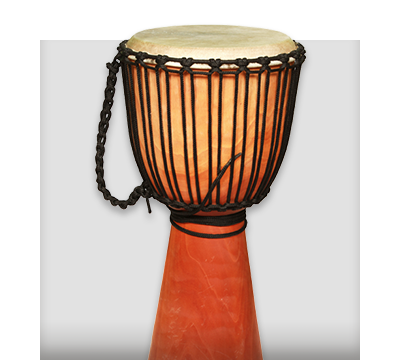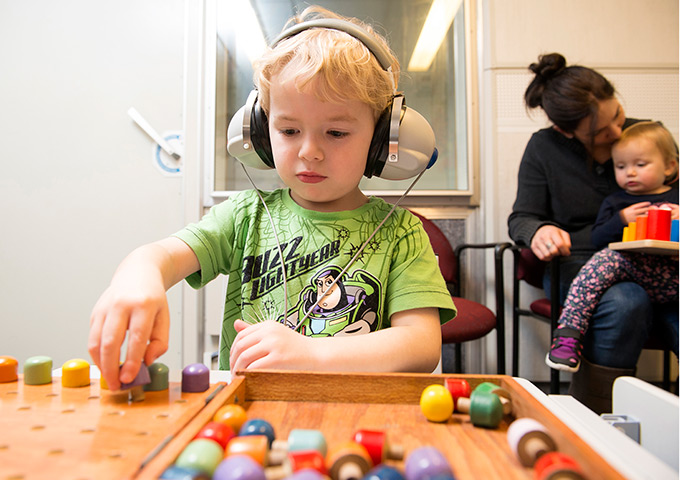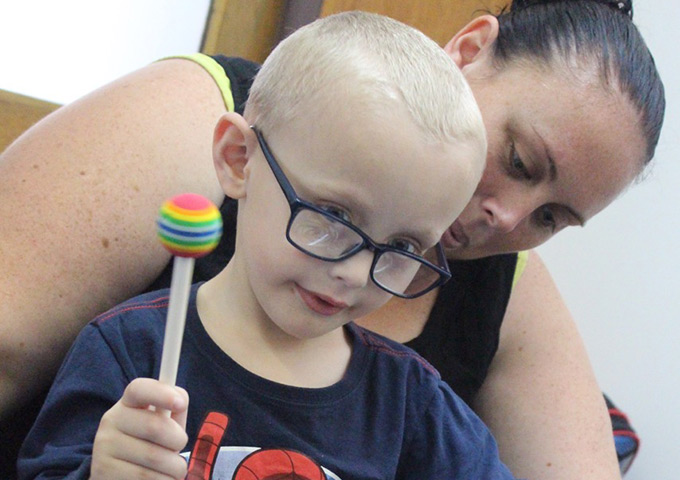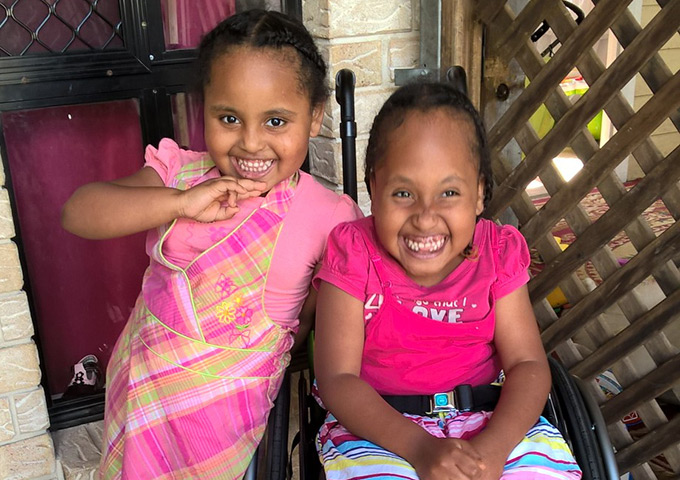 ← Back
← Back
In 2014 we awarded $252,000 in grants to four charity projects that support children living with disabilities and their families. The two-year projects came to a close in 2016 and the charities have reported on the community value their programs have created.
The Cora Barclay Centre helps deaf or hearing-impaired children learn to speak and reach their full potential. The centre’s Sound Start project received our grant to provide specialist support to families with deaf babies. The project supported families in the first year after a baby’s diagnosis to develop listening, speech and language skills. The project was focussed on strengthening parents’ involvement in their child’s development and improving coping strategies. Of the 37 families in the program, 30 reported increased confidence and knowledge, happier and better-adapted children, improved coping strategies and less stress between couples.

The Cora Barclay Centre’s Sound Start project.

Lifestart’s Music Makes a Difference project.
Lifestart Co-operative supports children and young people living with disabilities, their families and carers. Lifestart’s Music Makes a Difference project was awarded funding to provide an eight-week program of music therapy activities for children and parents/carers from up to 10 families. Music Makes a Difference focussed on improving children’s engagement, communication, learning, development and participation in everyday routines. All families said they noticed positive behaviour and attitude changes in their children and the majority of parents/carers reported an increase in knowledge/skills to support their child in everyday life and expected that they could continue to apply this knowledge.
Spina Bifida and Hydrocephalus (SPH) Queensland provides support for individuals, families and carers to enrich the lives and wellbeing of people with spina bifida and hydrocephalus. The program received funding to help multi-disciplined therapy teams support children aged 5-11 years through physical therapy and access to equipment, such as wheelchairs. Support extended to families through education about the medical condition and engagement with medical teams and therapists, with the aim of building children’s independence.

SPH Queensland's therapy program.
All 56 families engaged in the program have improved their attitude and behaviour towards managing life with a disability and more than 40% of children have developed skills such as hygiene management. For half of these children, it has enabled them to participate more in family life and in their community.
Para Meadows School provides effective learning environments for students with complex disabilities. Finding My Voice in Our Community developed an individualised student communication system, enhanced by technology. The project promoted language development and facilitated communication to enable students to participate fully in the classroom, home environment and community. Students in all 17 classes have begun to develop their ‘voice’ across all settings, and students are beginning to initiate interactions using their communication devices.

